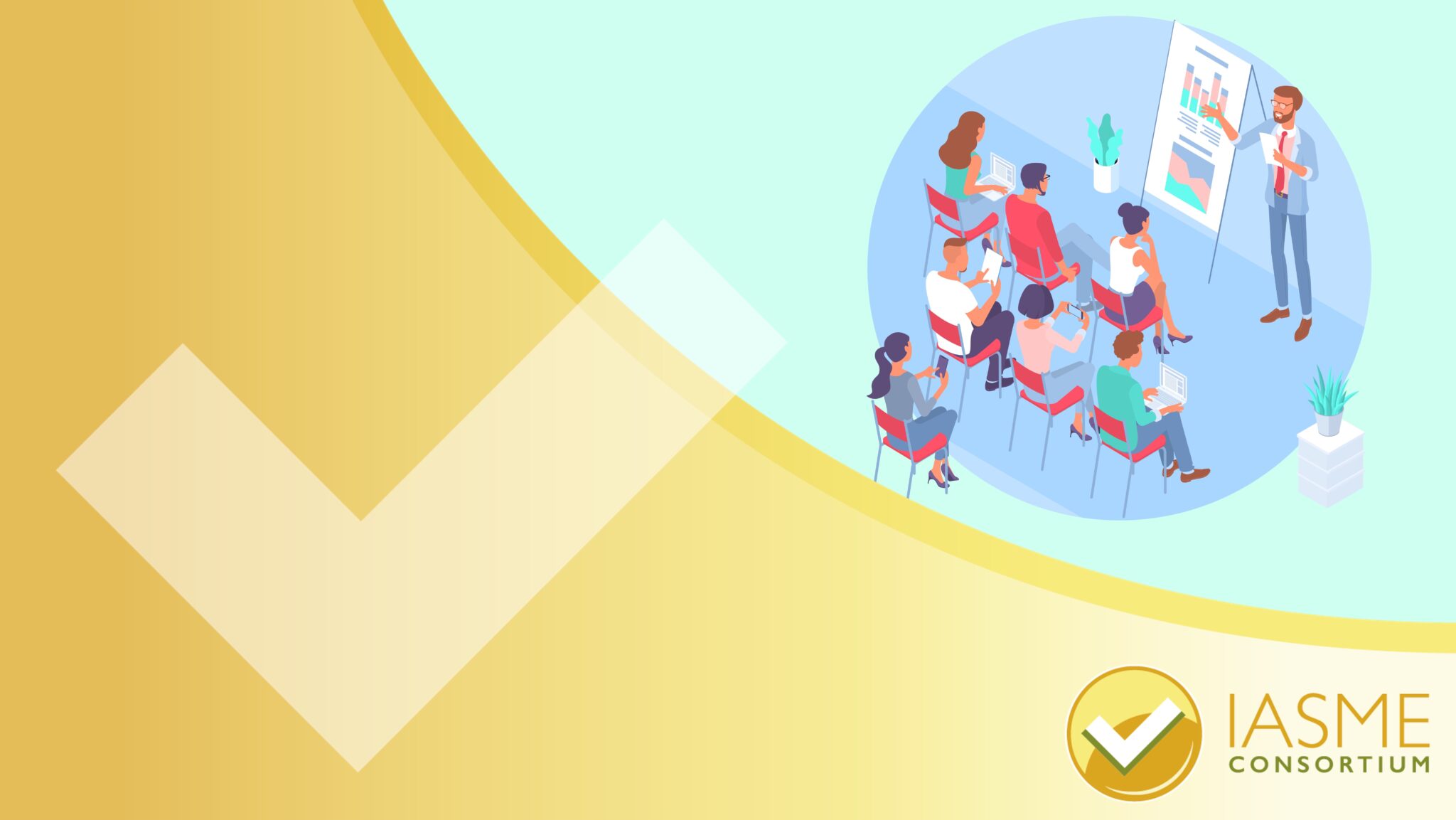IASME is a rapidly growing company that helps organisations of all sizes protect themselves against cyber attack. Continually striving to innovate, IASME look for new ways to protect individuals and organisations from cyber related crime.
The focus on support and protection for all also runs internally, with a culture of well-being and inclusion that makes IASME one of the most inclusive companies to work for in its sector. Diversity is found at all levels of the company, including senior managers. The company is headed by a female CEO and 49% of the company are women. 47% of IASME employees identify as neurodivergent and 28% of the team have a disability; this is supported by flexible working practices. 8% of the organisation is LGBTQ+ and 13% are from ethnic minority backgrounds. This year, IASME won the Diversity Award at the National Cyber Awards.
In the last four years, IASME has employed a large number of previously unemployed neurodivergent people and this has brought with it, a sharp learning curve to our understanding of the issues. It has been difficult at times for the individuals and for the company.
The successful integration of neurodivergent staff relies on the employer being open-minded, patient and willing to make reasonable adjustments.
People who are neurodivergent are often completely different from one another, both in the challenges they face and in their strengths and overall skill set. For example, people will often have more than one diagnosis. It is not uncommon for an individual to be autistic and also be dyslexic, or to have a diagnosis of both autism and ADHD. With this in mind, we have found it helpful to have a recruitment and retention strategy that addresses the individual needs of our staff members on a person-by-person basis.
Many neurodivergent people will have experienced a series of setbacks and difficulties either in education, work or life in general and one thing that effects almost everyone, is anxiety. It is important for employees to understand that in our work place, things can be done differently.
The workplace itself, the traditional working day, and all the other people at work represent a landscape of minefields for many neurodivergent people, especially those on the autistic spectrum. Some people can experience hidden difficulties around understanding situations, following instructions and general communication. Problems often crop up in the area of social navigation, and this can begin in the recruitment process. We have found that flexible alternatives to a formal job interview can help break down one of the barriers to applying for a job. Additionally, a calm quiet space is a valuable resource; people who are feeling overloaded or overwhelmed can withdraw there when they need to. Part time, flexi-hours, home working and hybrid working are also options that help us get the best out of our staff .
Diversity, Inclusion and Wellbeing manager, Yvonne Charrot is a former special needs teacher, with expertise and experience in working with autism. Yvonne offers support and mentoring to all members of staff at IASME and is available during the training schemes to support the trainees. Yvonne’s role is backed up with an acceptance throughout IASME that everyone struggles and needs extra support sometimes.
Supportive management is key to any successful diversity initiative. It is enormously helpful for overwhelmed or anxious staff members to have the chance to talk through any worries with a trusted point of contact, who can then go on to liaise with management and discuss reasonable adjustments on their behalf. As part of this, we have found that ensuring the management teams have appropriate training and support from experts is critical. What has been put in place to support neurodivergent staff has benefited everyone else too and therefore, flexibility, understanding and support for staff has become part of the culture of our organisation.


